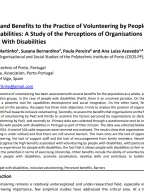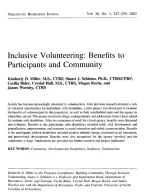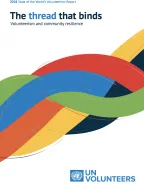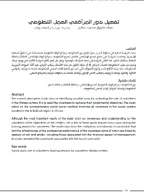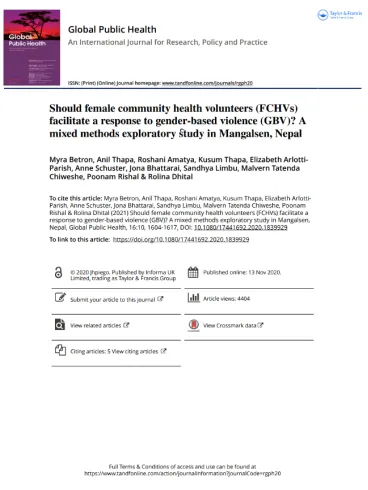
Fast read
This study gathers evidence on the feasibility, acceptability, and effectiveness of a programme to train female community health volunteers (FCHVs) in Nepal on how to identify and refer gender-based violence (GBV) survivors to facility-based health services.
Synthesis
- As part of a multisectoral response to GBV, this study tested the feasibility of having FCHVs play a formal role in identifying GBV survivors and referring them to specialized services at health facilities.
- This study followed 116 FHCVs in Mangalsen municipality over a period of one year, with data collected from knowledge and attitude assessments of FCHVs, focus group discussions with FCHVs and members of Mothers’ Groups for Health.
- Results show that the FCHVs’ knowledge increased, attitudes changed, and confidence in addressing GBV grew.
- During the study period, FCHVs identified 1,253 GBV survivors and referred 221 of them to health facilities. In addition to assisting GBV survivors, FCHVs worked to prevent GBV by mediating conflicts and curbing harmful practices such as menstrual isolation.
- Stakeholders viewed FCHVs as a sustainable resource for identifying and referring GBV survivors to services, while women trusted them and looked to them for help.
- Results show that, with proper training and safety mechanisms, FCHVs can raise community awareness about GBV, facilitate support for survivors, and potentially help prevent harmful practices.













